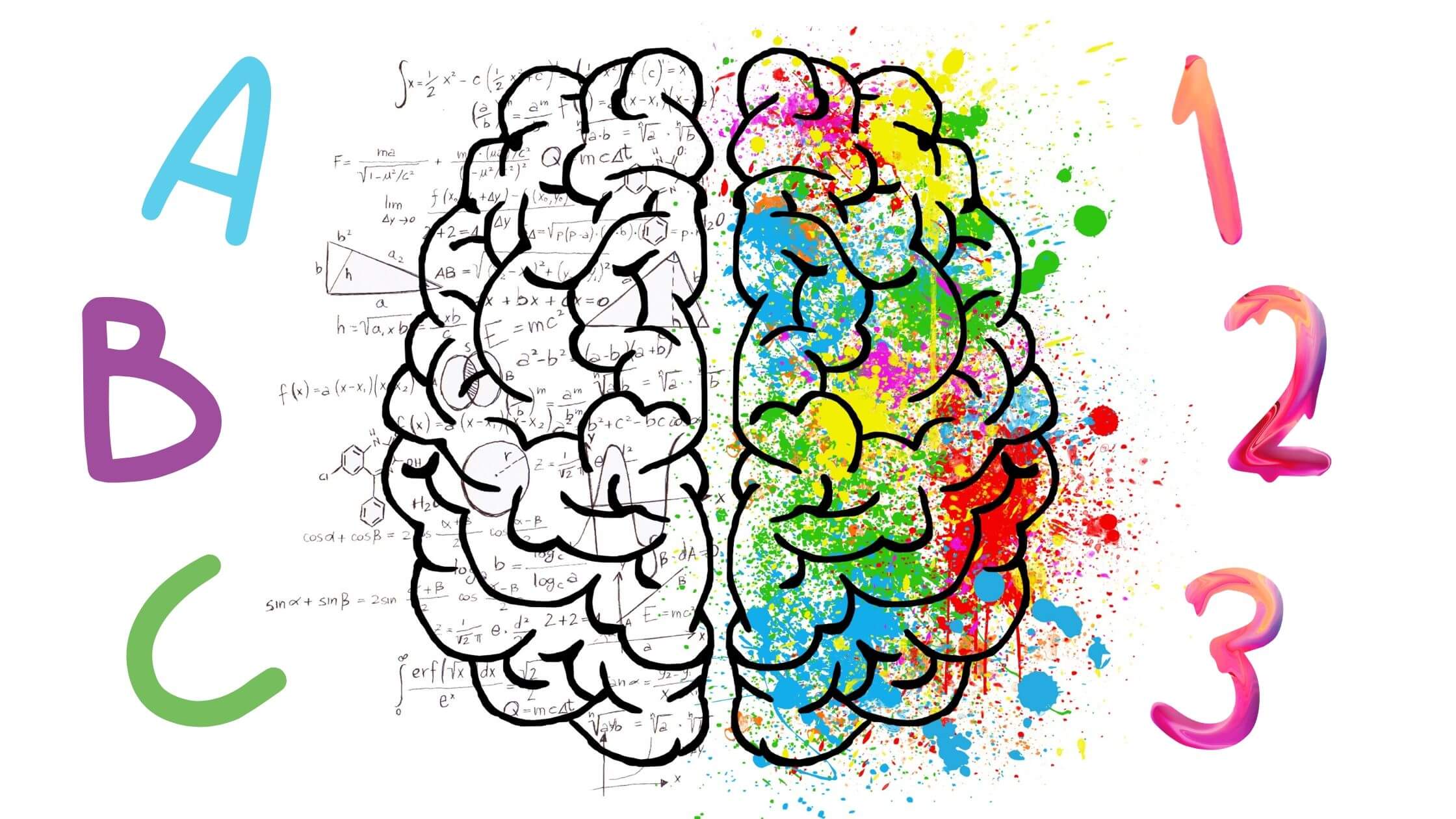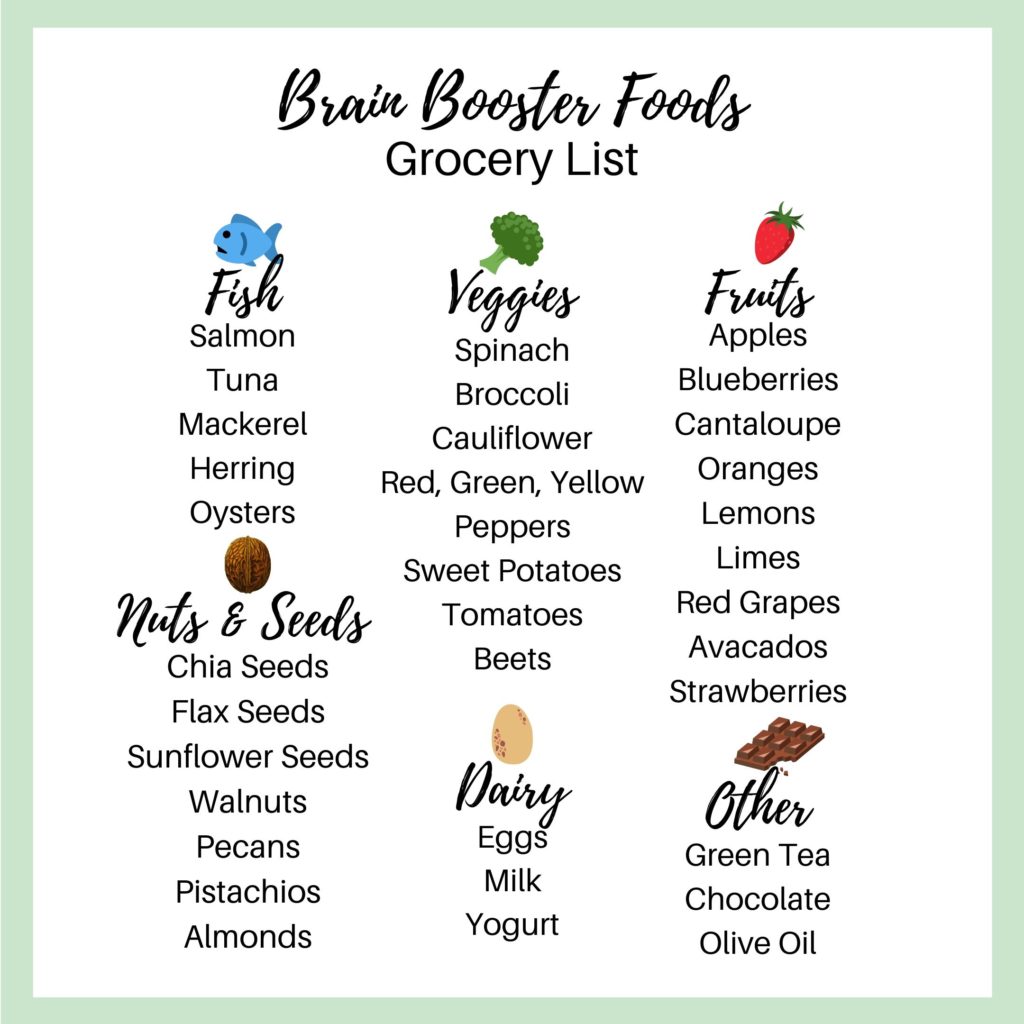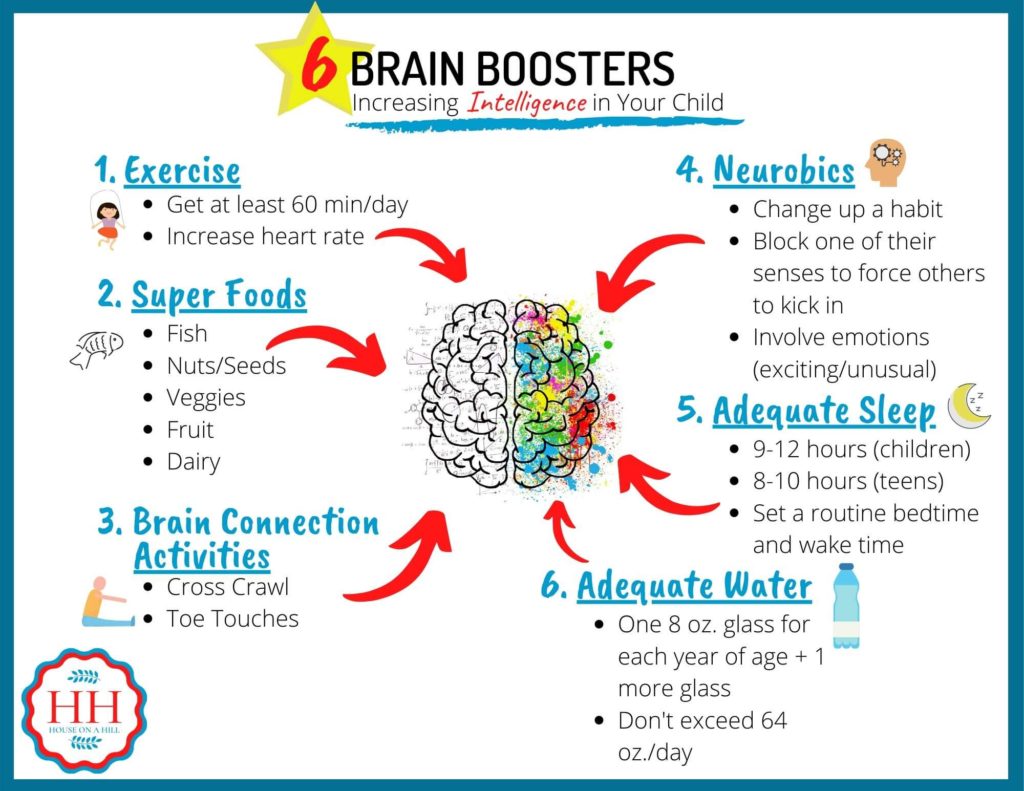
Key Components of a Successful Homeschool
Homeschool mom and health expert Laura Malone also happens to be a friend of mine. Go figure, she can stand me. If you joined our Homeschool Made Easy Facebook group, you saw her excellent interview on healthy habits. I can’t believe how much we learned. Be sure to catch the replay. And at the end of this article, don’t miss out on her free guide to brain boosters!
In the same way that a garden needs rich soil to grow plants to their fullest potential, our homeschools need healthy, brain-building habits to ensure our children are learning to their greatest capacity.
It’s easy to oversimplify the process of homeschooling by thinking all our efforts should be spent searching for the perfect curriculum, setting our schedule and then carrying it out. But if we haven’t made certain that our children’s brains are able to accept, analyze, store and recall the information we’re sowing into their minds, the harvest will be fruitless, frustrating , or mediocre at best.
So, how do we know if our child’s brain is healthy?
Here are a few warning signs that work needs to be done in this area:
- Regular meltdowns
- Low comprehension level
- Inability to connect the dots
- Inadequate attention span
- Inability to process multiple instructions
- Frequent mental exhaustion
- Slow processing speed
- Irritability
- Hyperactivity
- Lack of physical coordination
- Brain fog/spaciness
- Inability to control impulses
Several things can contribute to the brain’s inability to perform mental tasks effectively:
- environmental factors
- poor food choices
- lack of exercise
- too much screen time
- excess weight,
- stress
- inadequate sleep

Let’s look at some habits we can incorporate into our homeschools to decrease the impact these factors have on our children. These could be the missing pieces to your homeschool puzzle that enable your family to live out a productive, satisfying and successful homeschool.
Healthy Brain Habits:
- Regular Exercise – The American Academy of Pediatrics (AAP) recommends children over six years old should get at least one hour of moderate to vigorous physical activity each day. This increases oxygen to the brain which improves brain function.
- Super Foods – Create meals and snacks that fuel the brain and contain DHA, Flavonoids and Vitamins B-12, C, D & E. These include foods such as salmon, nuts, seeds, fruit, veggies, eggs, green tea and chocolate. Check out a detailed list of Brain Booster Foods here.
- Brain Connection Activities – This is any activity where one side of your body is crossing the vertical or horizontal midlines of your body such as touching your right elbow to your left knee or doing toe touches. These activities force the two sides of the brain to work together and create stronger connections for quicker processing speeds.
- Neurobics – This term was coined by Dr. Lawrence Katz to describe brain exercises that improve memory and the ability to learn new information. These are activities you can plug into your child’s instructional time that does one of three things:
- Breaks one of their habits to do it differently
- Dulls one of their senses to force others to kick in
- Involves their emotions by doing something unusual or exciting.
- Plenty of Sleep – The AAP recommends that children get 9-12 hours and teens get 8-10 hours of sleep each night.
- Plenty of Water – Doctors prescribe children to get one 8 oz glass of water for each year of their age plus one more glass. So, an eight-year-old should drink nine 8-oz. glasses of water each day.
- Outdoor Time – Research shows that getting twenty minutes per day, five days a week is the least amount required for improved learning and mental/physical health benefits.
- Free Play Time – Giving children time to use their imagination and play freely without adult direction is imperative to proper psychological and social development. According to the AAP clinical report, The Power of Play, children’s play is not frivolous. “Rather, play is brain building, a central part of healthy child development, a key to executive function skills, and a buffer against the negative impacts of stress.”
Children with healthy brains will have a more dynamic display of learning. I encourage you to choose one or two of these habits and begin incorporating it into your weekly homeschool routine. Check out my “Brain Boosters” printable that you can hang on your refrigerator or in your schoolroom as a reminder. Making this a priority could be the deciding factor between a fruitful or unfruitful homeschool year.

| Laura Malone created the House on a Hill blog to encourage moms on their journey of raising a healthy homeschool family. She and her husband have been homeschool and public school educators for twenty years and have five children. Laura loves green tea, fuzzy robes and hiking through new terrain. |
Free Brain Boosters Guide
| Laura is giving us a special tool: a printable guide to 6 Brain Boosters we need as homeschoolers. This printable can be hung on your fridge or in your schoolroom and serve as a quick reminder on 6 HEALTHY HABITS you can incorporate into your school days to help your child’s brain work to it’s optimum potential. |



Leave a Reply